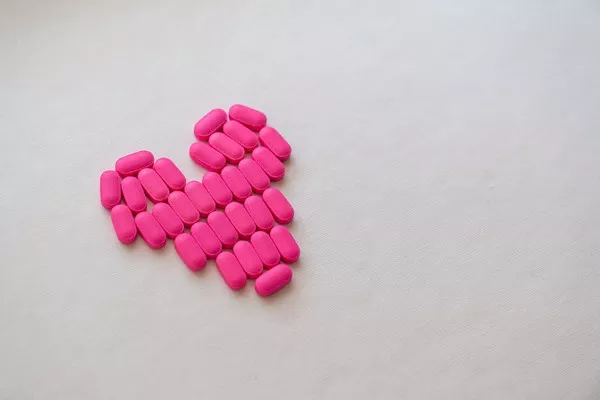Hair dyeing is a common cosmetic practice, allowing individuals to change their hair color for various reasons, from fashion statements to personal preferences. However, not everyone is aware that hair dye allergies can occur, leading to discomfort and concerns. In this comprehensive article, we will explore the topic of hair dye allergies, including their causes, symptoms, and whether they can potentially go away over time.
1. Understanding Hair Dye Allergies
What Causes Hair Dye Allergies?
Hair dye allergies typically result from a person’s hypersensitive immune response to one or more components in the hair dye product. These allergenic substances can include various chemicals found in hair dyes, such as para-phenylenediamine (PPD) and other aromatic amines.
Allergic Reactions Vary
Allergic reactions to hair dye can manifest differently from person to person. Some individuals may experience mild itching and redness, while others may develop more severe symptoms like swelling and blistering.
Common Allergenic Chemicals in Hair Dye
To understand hair dye allergies, it’s essential to be aware of common allergenic chemicals found in these products. Para-phenylenediamine (PPD) and toluene-2,5-diamine sulfate (TDS) are two of the most frequently implicated substances. These chemicals are responsible for the color-changing properties of hair dye but can trigger allergic reactions in some individuals.
2. Common Symptoms of Hair Dye Allergies
Skin Irritation
One of the most common symptoms of a hair dye allergy is skin irritation. This can include itching, redness, and a burning sensation on the scalp, face, or neck.
Swelling and Blistering
In some cases, allergic reactions can lead to significant swelling, particularly around the eyes and face, along with the development of blisters or hives.
Respiratory Symptoms
In rare instances, a hair dye allergy can trigger respiratory symptoms like coughing, sneezing, and difficulty breathing. If these symptoms occur, it’s crucial to seek immediate medical attention.
3. Can a Hair Dye Allergy Go Away?
Immediate Allergic Reaction
In most cases, a hair dye allergy is unlikely to go away on its own, especially if it results in an immediate allergic reaction. Immediate reactions often require medical intervention to alleviate symptoms.
Delayed Allergic Reaction
Some individuals may experience a delayed allergic reaction to hair dye, with symptoms appearing hours or even days after dye application. In such cases, the reaction may resolve on its own as the allergenic substances gradually leave the body.
Individual Variability
The likelihood of a hair dye allergy going away can vary among individuals. Factors such as the severity of the allergy, the specific allergenic chemicals involved, and an individual’s immune response all play a role in determining the outcome.
4. Managing Hair Dye Allergies
Avoidance
The most effective way to manage a hair dye allergy is to avoid using hair dye products that contain the allergenic substances responsible for the reaction. Checking product labels for potential allergens like PPD can help prevent future allergic episodes.
Patch Testing
Before using a new hair dye product, consider performing a patch test on a small area of skin to check for any adverse reactions. This can help identify potential allergies before applying the dye to your entire head.
Medical Consultation
If you experience a severe allergic reaction to hair dye, seek medical attention promptly. A healthcare professional can provide treatment to alleviate symptoms and may prescribe medications like antihistamines or corticosteroids.
Alternative Hair Dye Options
For individuals with known hair dye allergies, exploring alternative hair dye options is essential. Henna, vegetable-based dyes, and other natural alternatives may provide a way to change hair color without the risk of an allergic reaction.
5. Conclusion
In conclusion, hair dye allergies can occur due to hypersensitivity to chemicals found in hair dye products. While immediate allergic reactions often require medical attention and do not typically go away on their own, delayed reactions may resolve as the allergenic substances gradually leave the body. The most effective way to manage hair dye allergies is to avoid products containing allergens and consider patch testing before using a new dye. If you suspect you have a hair dye allergy or experience severe symptoms, consulting a healthcare professional is crucial for proper diagnosis and treatment. Always prioritize your health and safety when using hair dye products to enjoy the beauty of hair coloring without the discomfort of an allergic reaction.


